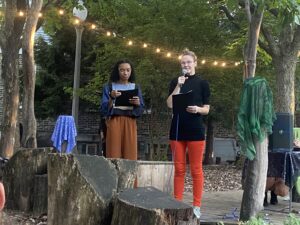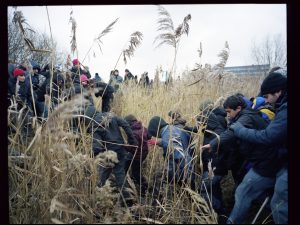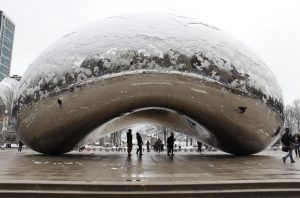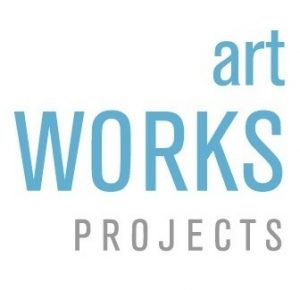
Three of the seven candidates for 10th ward alderman are demanding immediate environmental justice on the Southeast Side as they challenge a member of Chicago’s Democratic machine in the Feb. 24 race.
“We are the forgotten entity of the city of Chicago,” said Sue Sadlowski-Garza, a 20-year CPS counselor endorsed by the CTU to run for alderman as the voice, she said, the community lacks.
Sadlowski-Garza, 54, said the constituents are being left out of the decision making process just like the decision of what to do with the 60-foot piles of petroleum coke being stored in the 10th ward at the Koch brothers’ KCBX terminals, 3259 E. 100th St.
Petcoke, which is the main concern of the three candidate’s campaign, is a black carbon-like material that stains with black residue and is used as a fuel source in a power plant. But when people inhale the dust it causes short-term health effects like coughing, wheezing or shortness of breath, according to the Chicago Public Health department.
“With our current alderman, a lot of the needs of the community are not being met, for example the ban on petcoke,” said Julio Miramontes, 24, who is a 10th ward resident said he feels he has no input on what goes on in the ward.
For 15 years, neighborhoods like Hegewisch and Slag Valley have been run by Ald. John Pope (10th), former assistant to Mayor Richard J. Daley, who has received thousands of dollars in campaign contributions from the polluters of the 10th ward like KCBX and Beemsterboer.
“People have been complaining for years,” said Southeast Side resident Richard Martinez, 44, a founding member of the Environmental Justice Alliance of Greater South Chicago and candidate for 10th ward alderman. Martinez said constituents have been calling the alderman’s office for years complaining about the petcoke, the petcoke dust and the height of the piles.
Some residents feel the alderman continuing to allow the polluters to remain in the 10th ward is making the neighborhood dirty and not as clean as it used to be.
“It will continue to be us, the residents of the area, who pay the price for dirty air, polluted water, and the persistent health issues,” said Olga Bautista, 35, who is a life-long resident of the Southeast Side, active member of the coalition to ban petcoke and now a candidate for alderman.
Sadlowski-Garza said she supports a complete ban on petcoke because members of the community don’t want it here and have never been asked how they feel about the petcoke being stored just feet away from their homes.
Martinez said Pope, a consistent supporter of Emanuel, may have no intention of completely banning the petcoke or forcing the companies out because of the contributions that continue to pollute the 10th ward but support his campaign.
“Once he has received that money, now all of a sudden their interests become his interests and that’s the reason why the last 15 years nothing has happened and he needs to be held accountable for that,” Martinez said.
Members of the Southeast Environmental Task Force and the Southeast Side Coalition to ban petcoke, gathered Monday at the James R. Thompson center to deliver letters to the Illinois Attorney General Lisa Madigan (D) and Mayor Rahm Emanuel to call for tougher legislation for the companies instead of fines that have become the city’s way of doing business.
“In February of this year, you spoke boldly about displaying a ‘Not Wanted’ sign for facilities in Chicago that handle petroleum coke,” Martinez read from the letter to Emanuel. “We are here to tell you that most of those facilities are still in our neighborhoods, still polluting and they still don’t want to play by the rules.”
Emanuel’s tougher restrictions on petcoke came into effect in late May requiring smaller piles maintained at a lower height a significant distance from waterways and a two-year time period to build an enclosure that would stop the petcoke from being inhaled.
“We have filed lawsuits against KCBX based on their pollution of our neighborhoods over the last 18 months,” Bautista said. “We recognize that this is an important step forward towards holding companies like KCBX accountable for the environment and human health damage that they have caused.”
KCBX spokesperson Jake Reint said the company needed four years to design and build the enclosure even though they quickly built a $10 million dollar water irrigation system this year that was designed to keep the majority of the dust from blowing.

















Be First to Comment